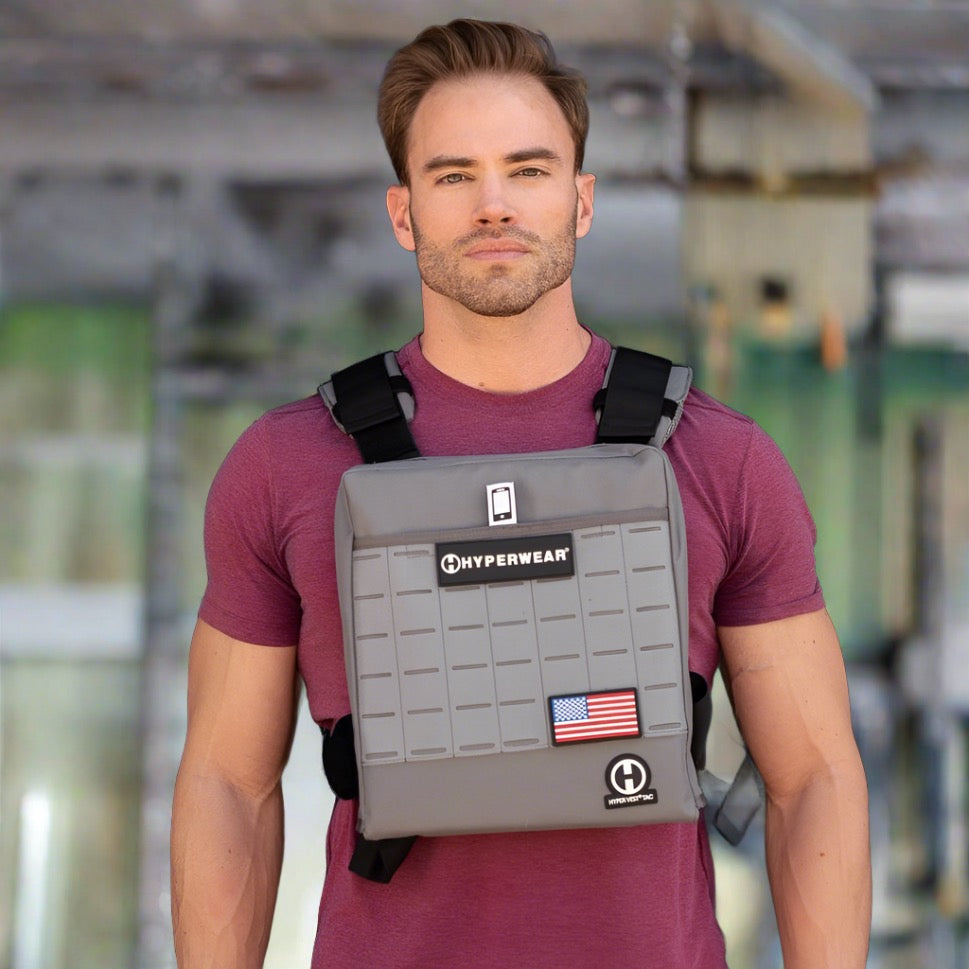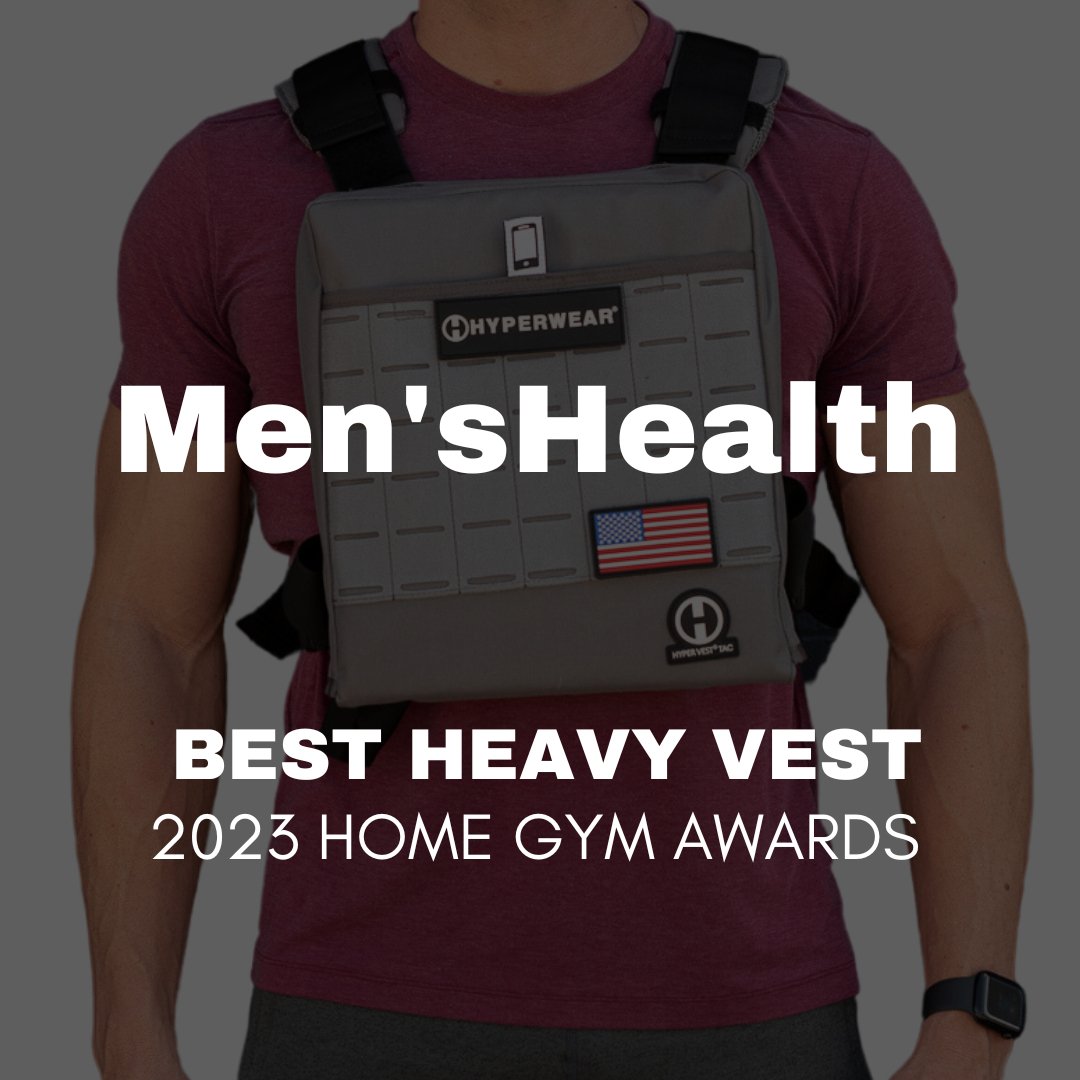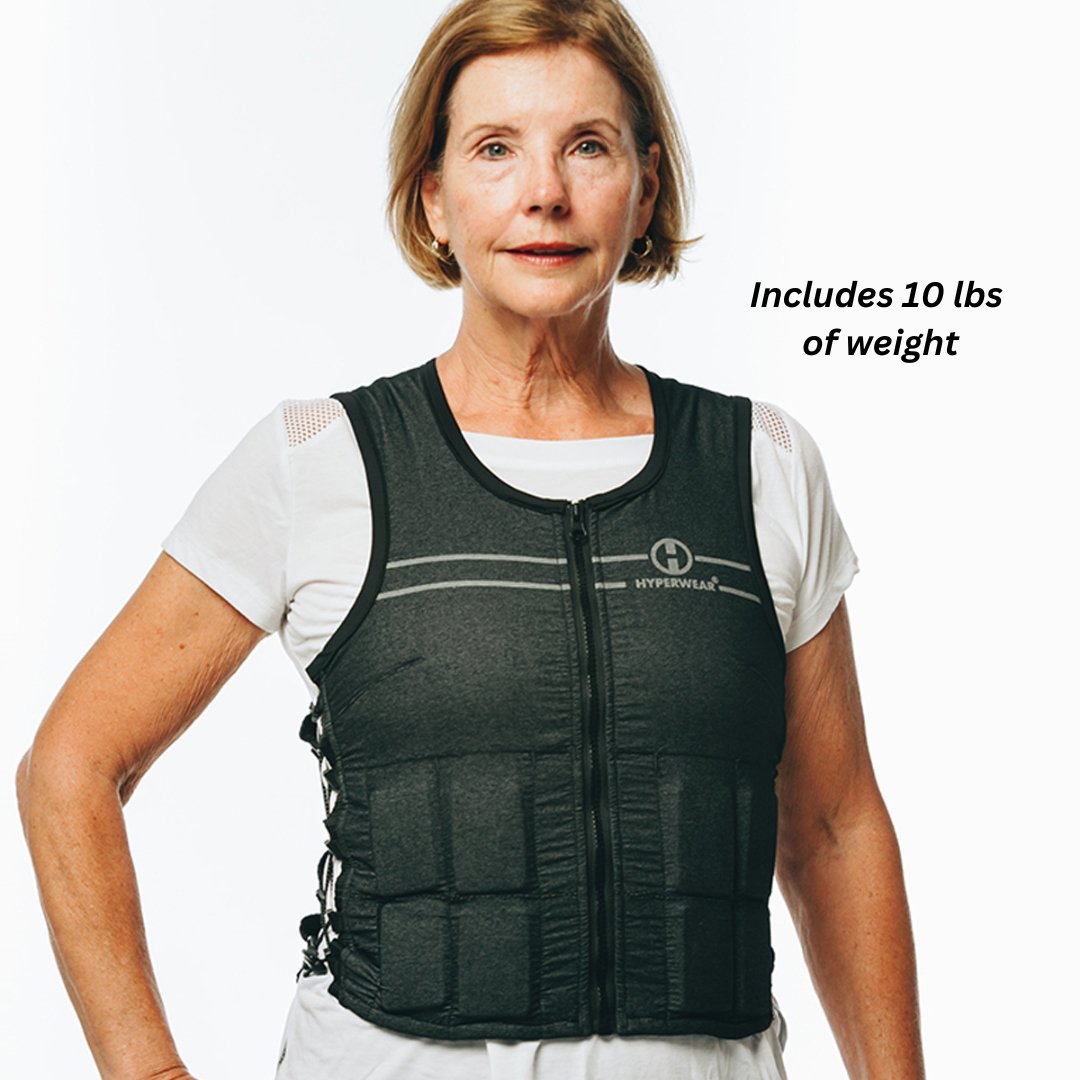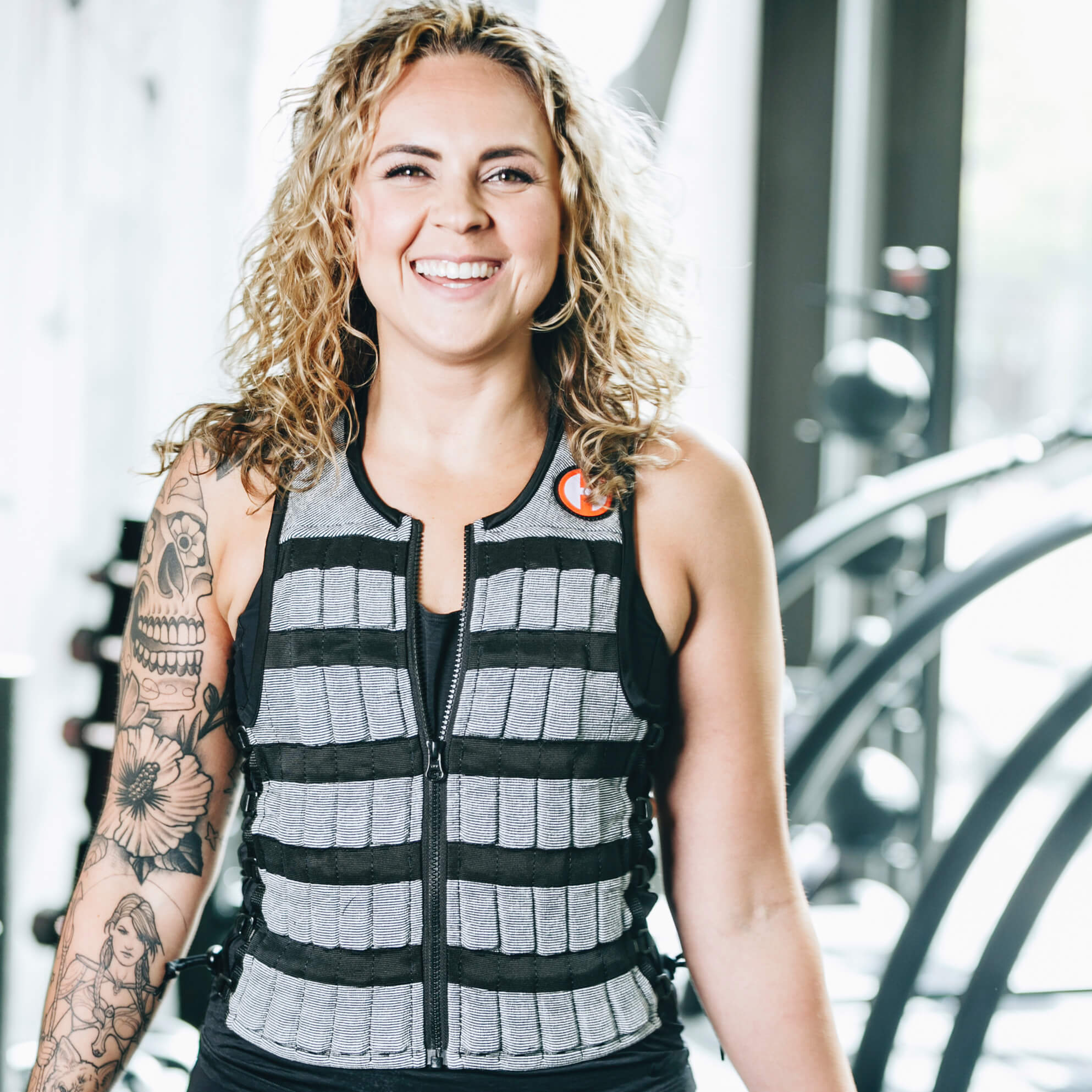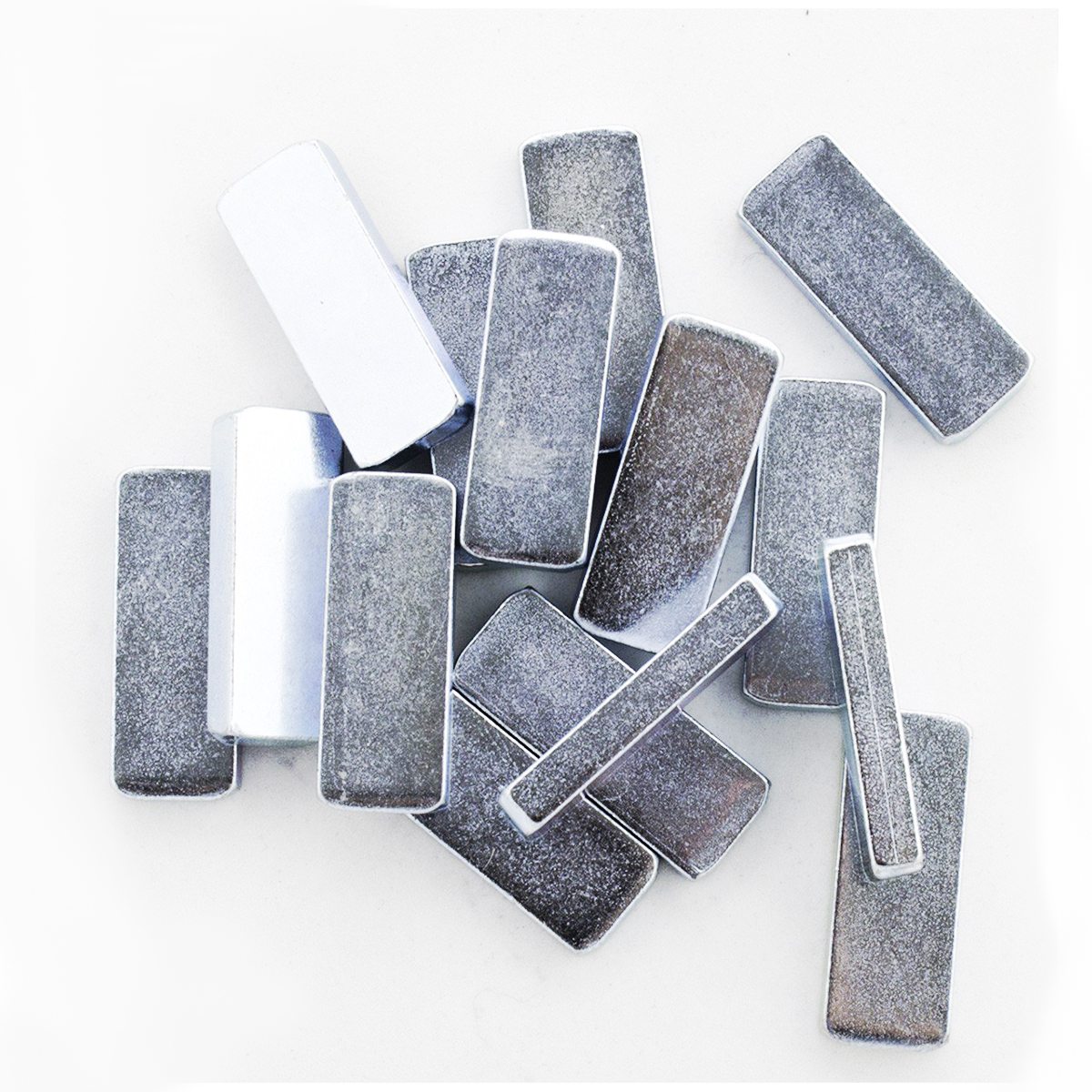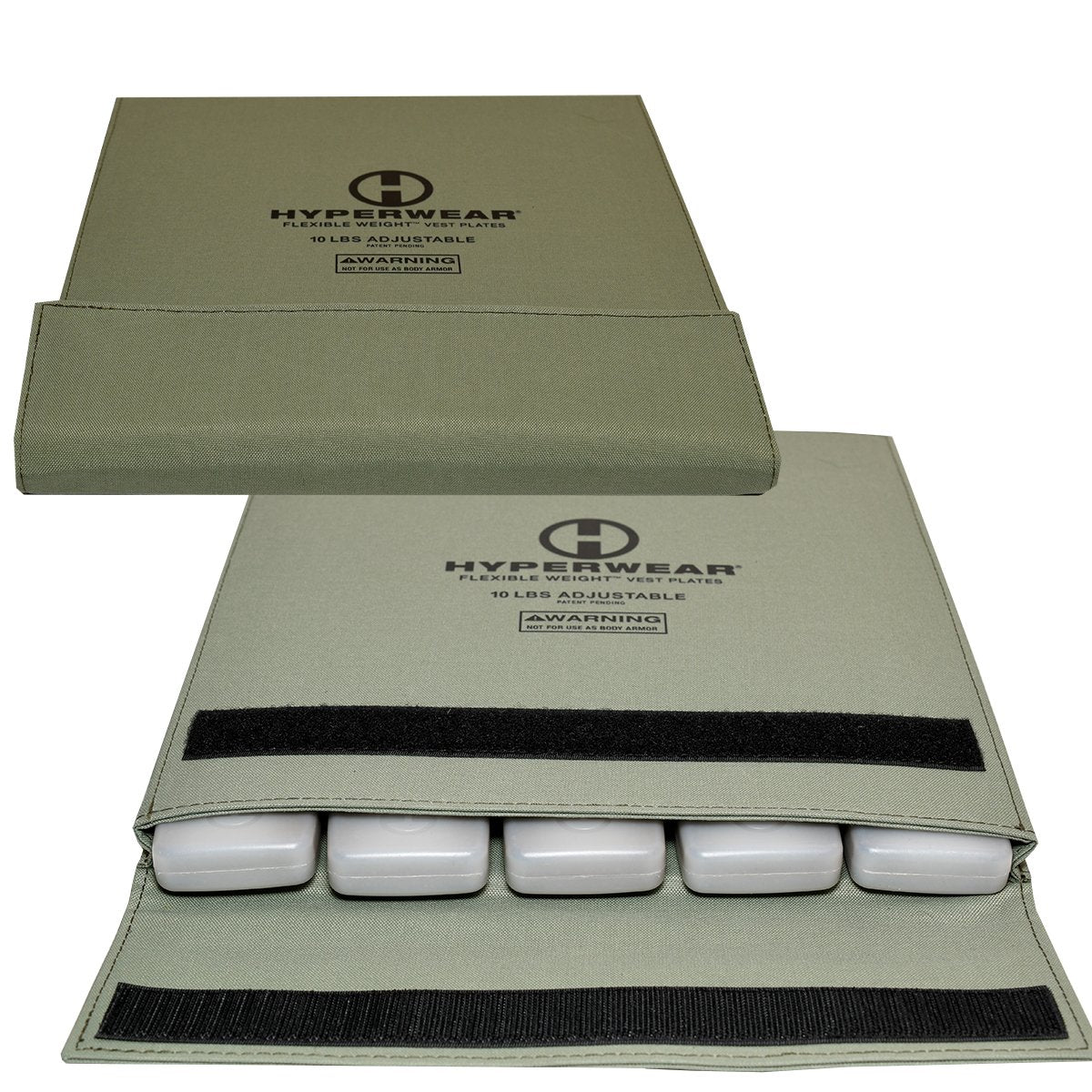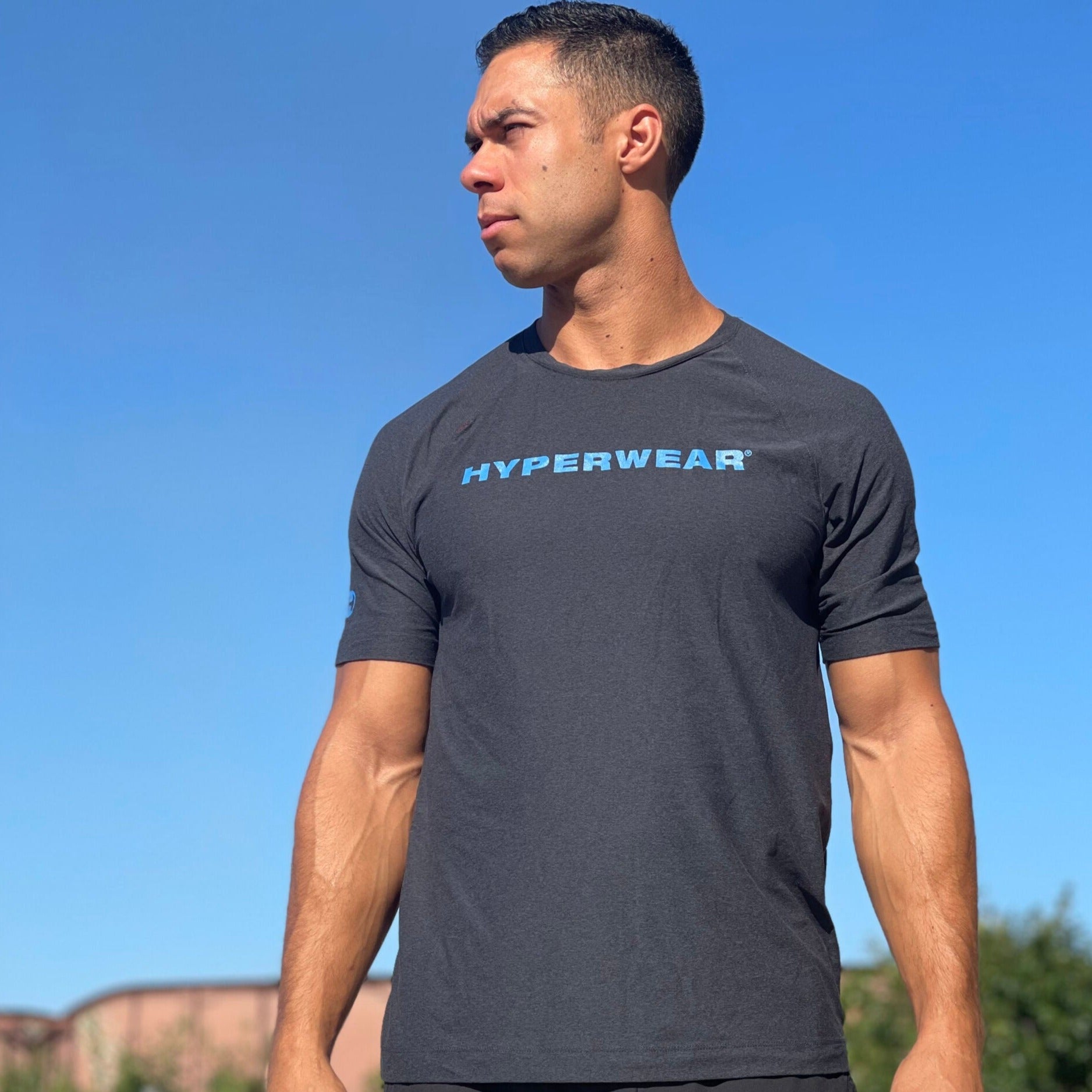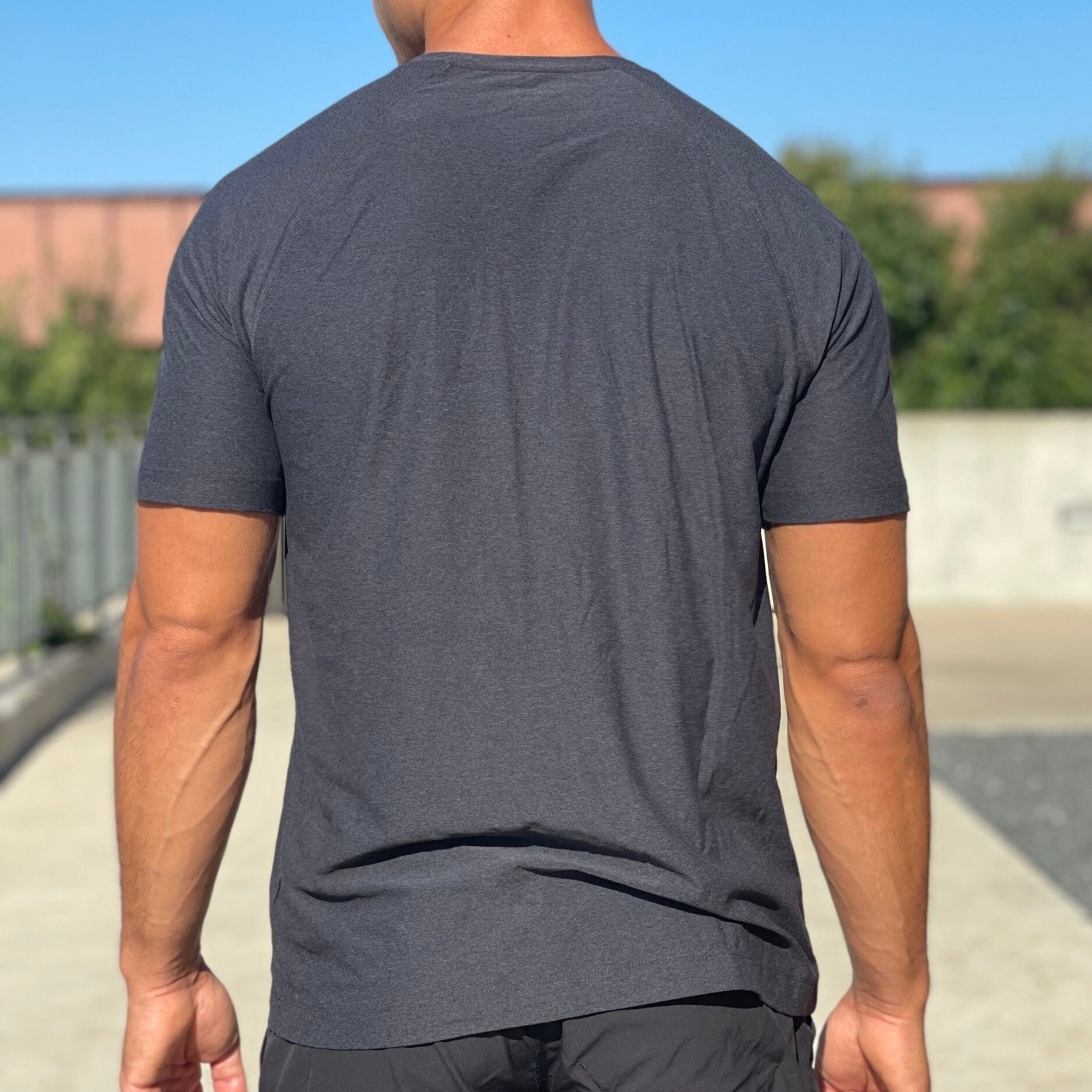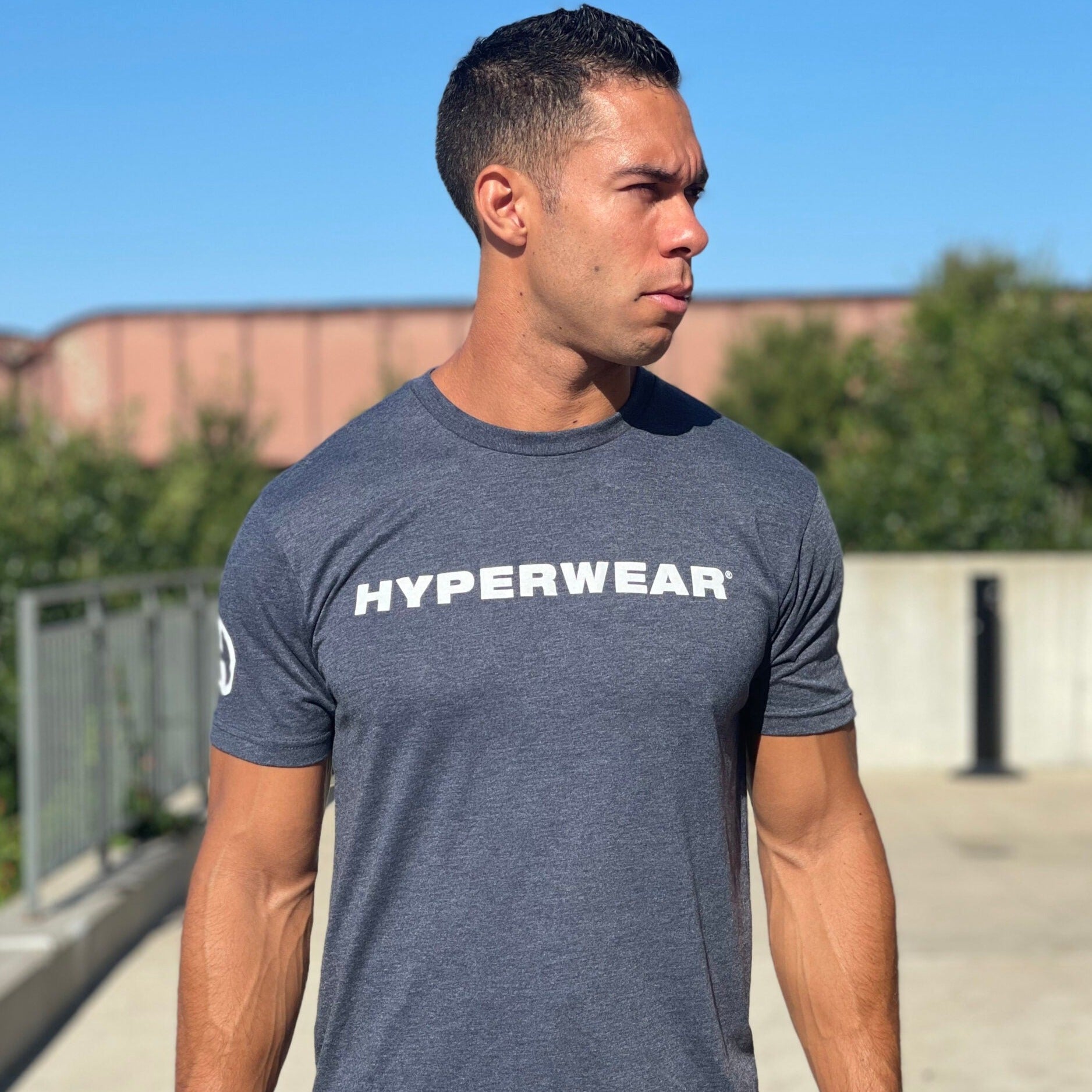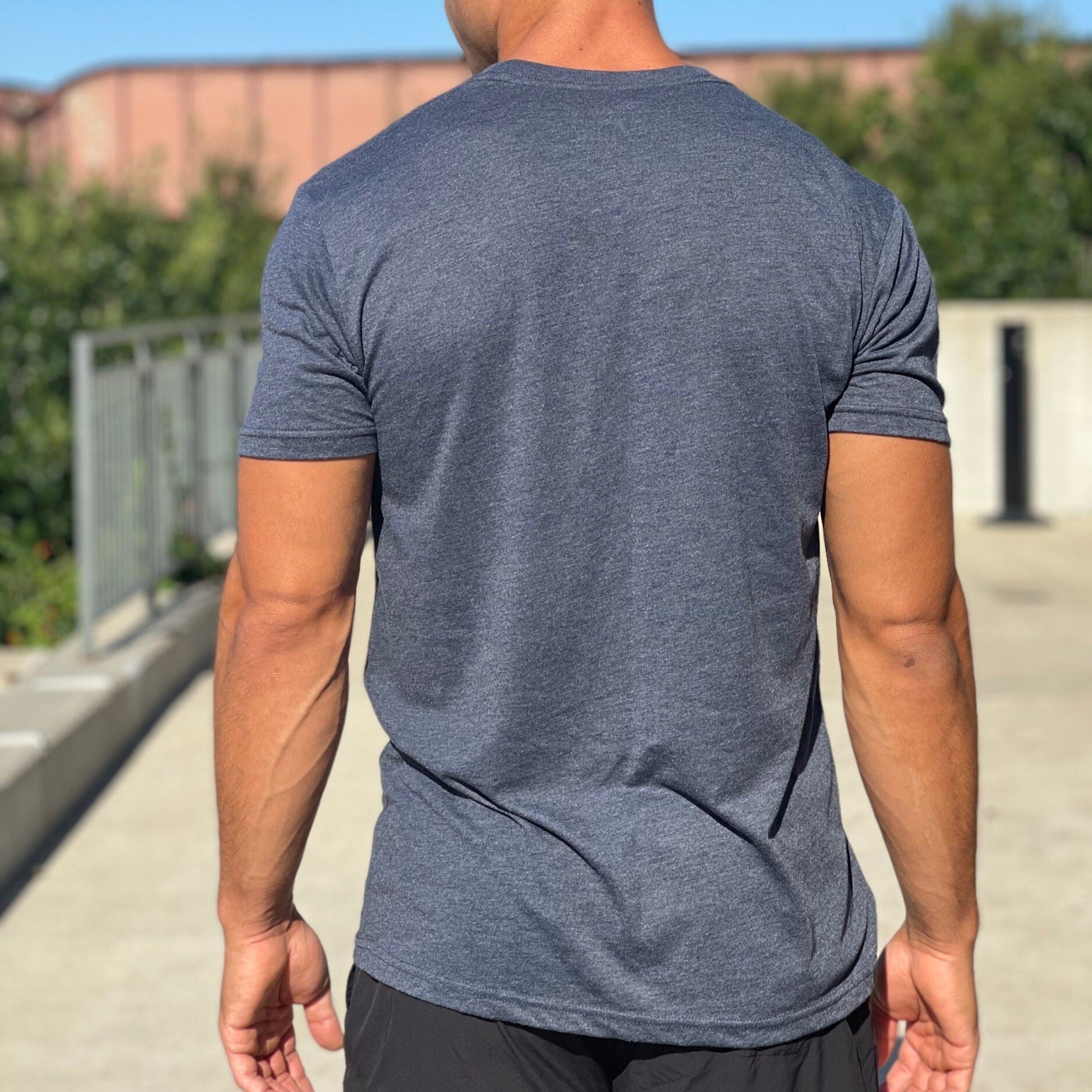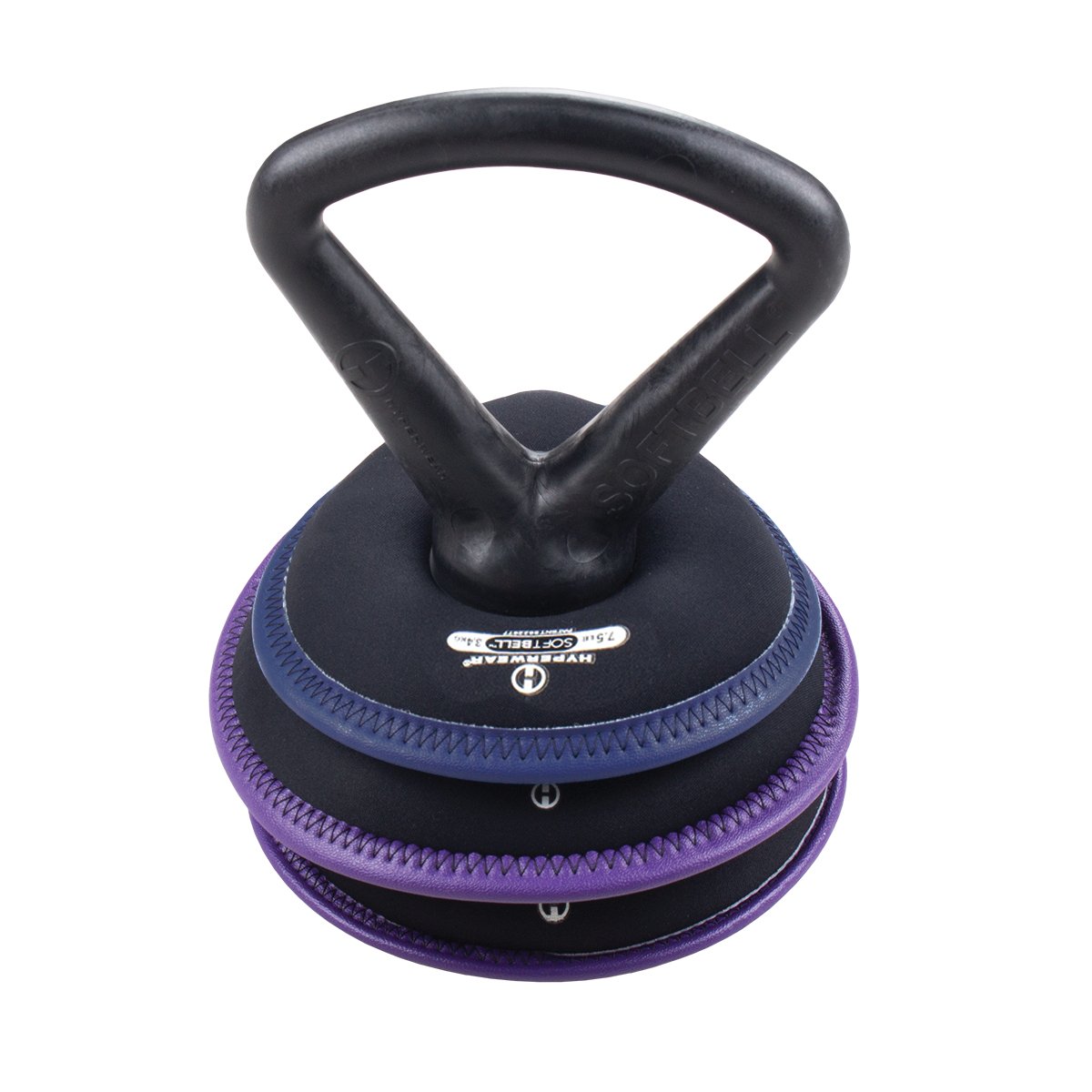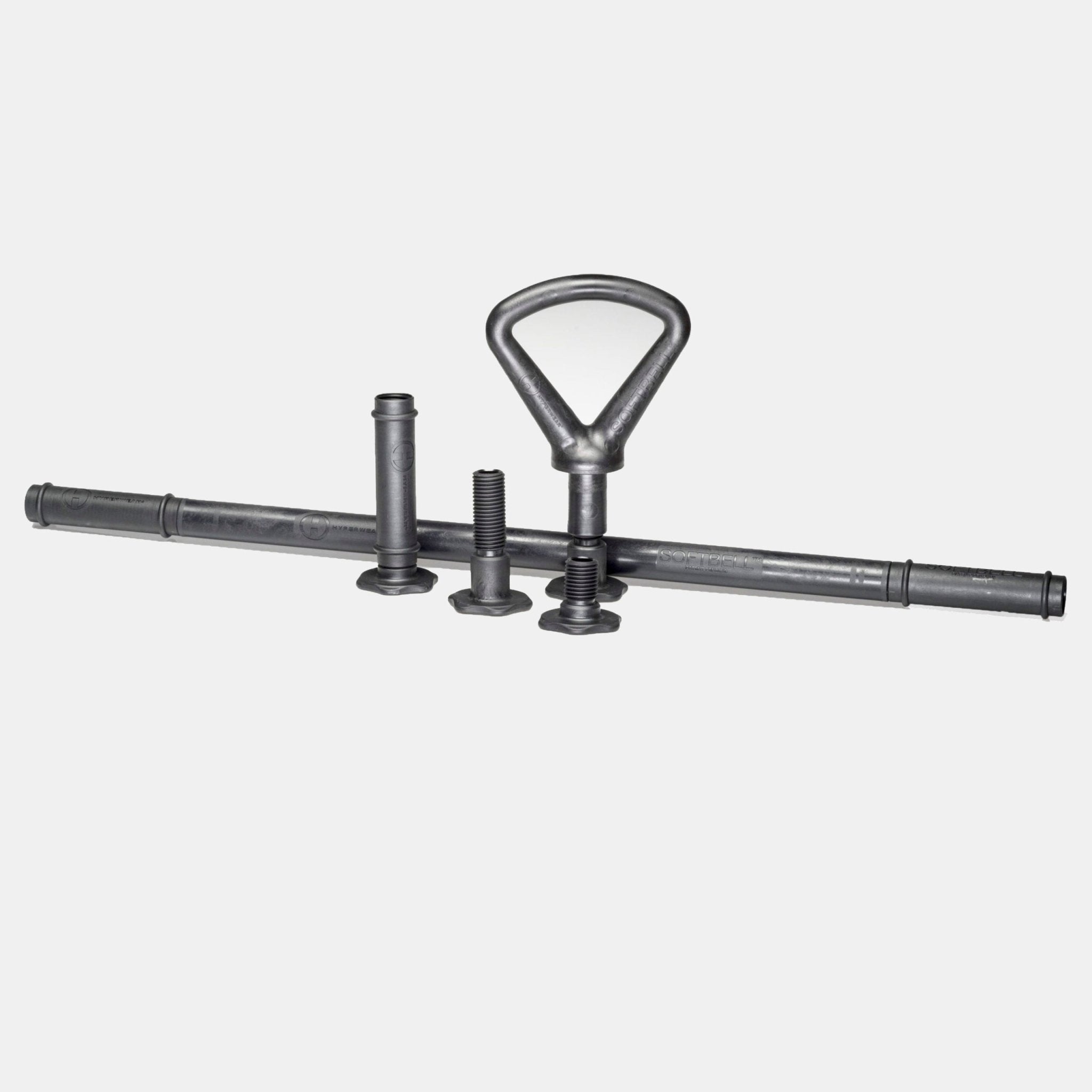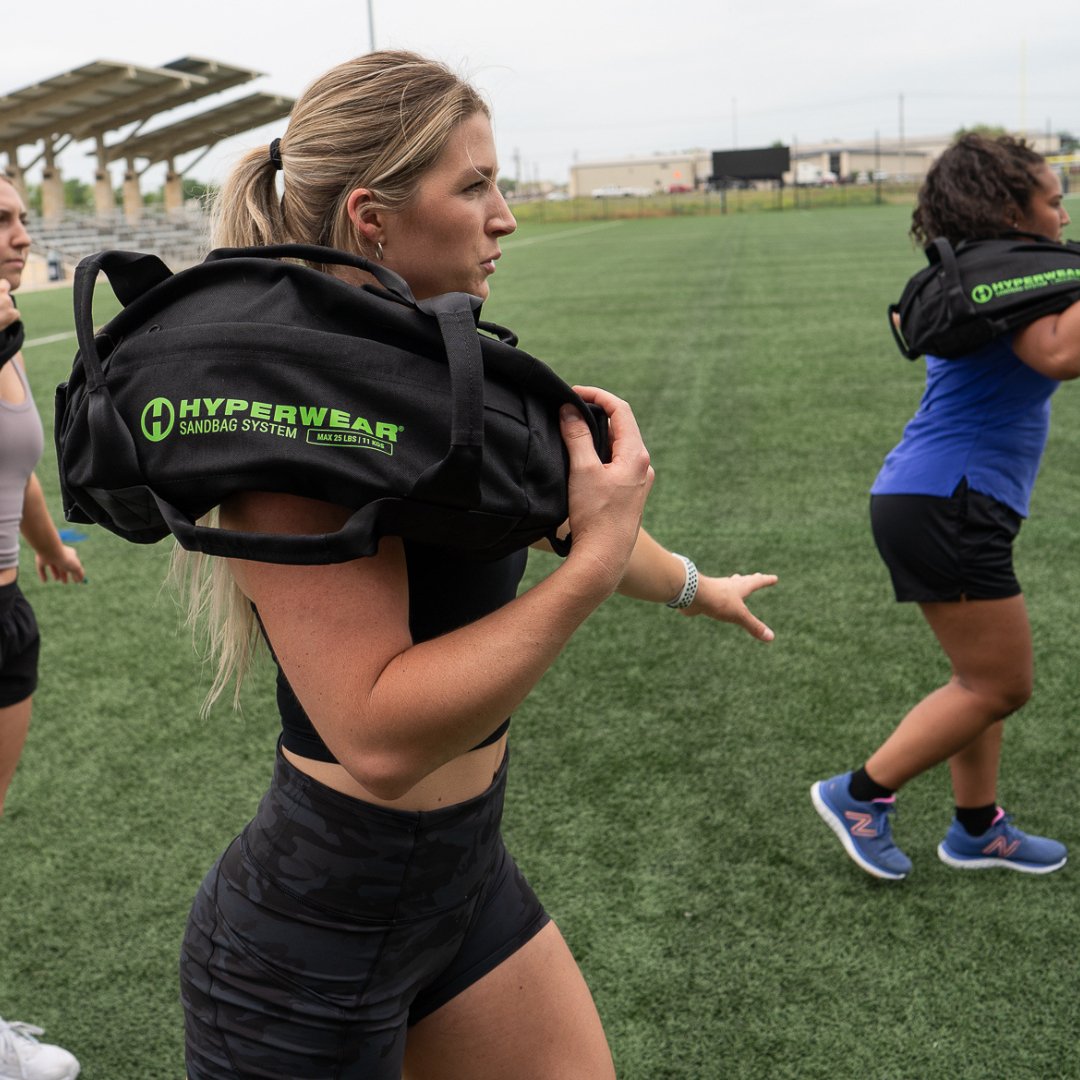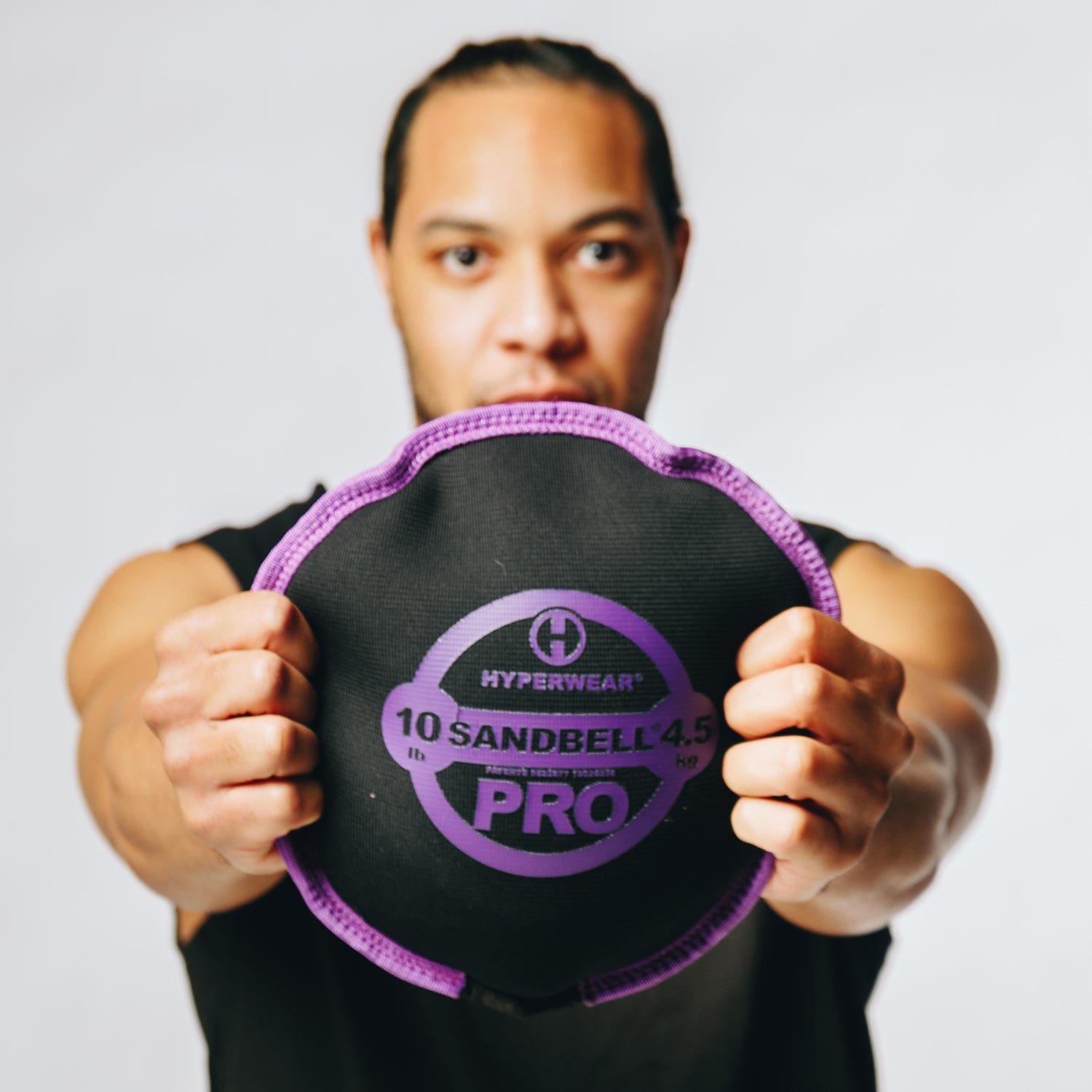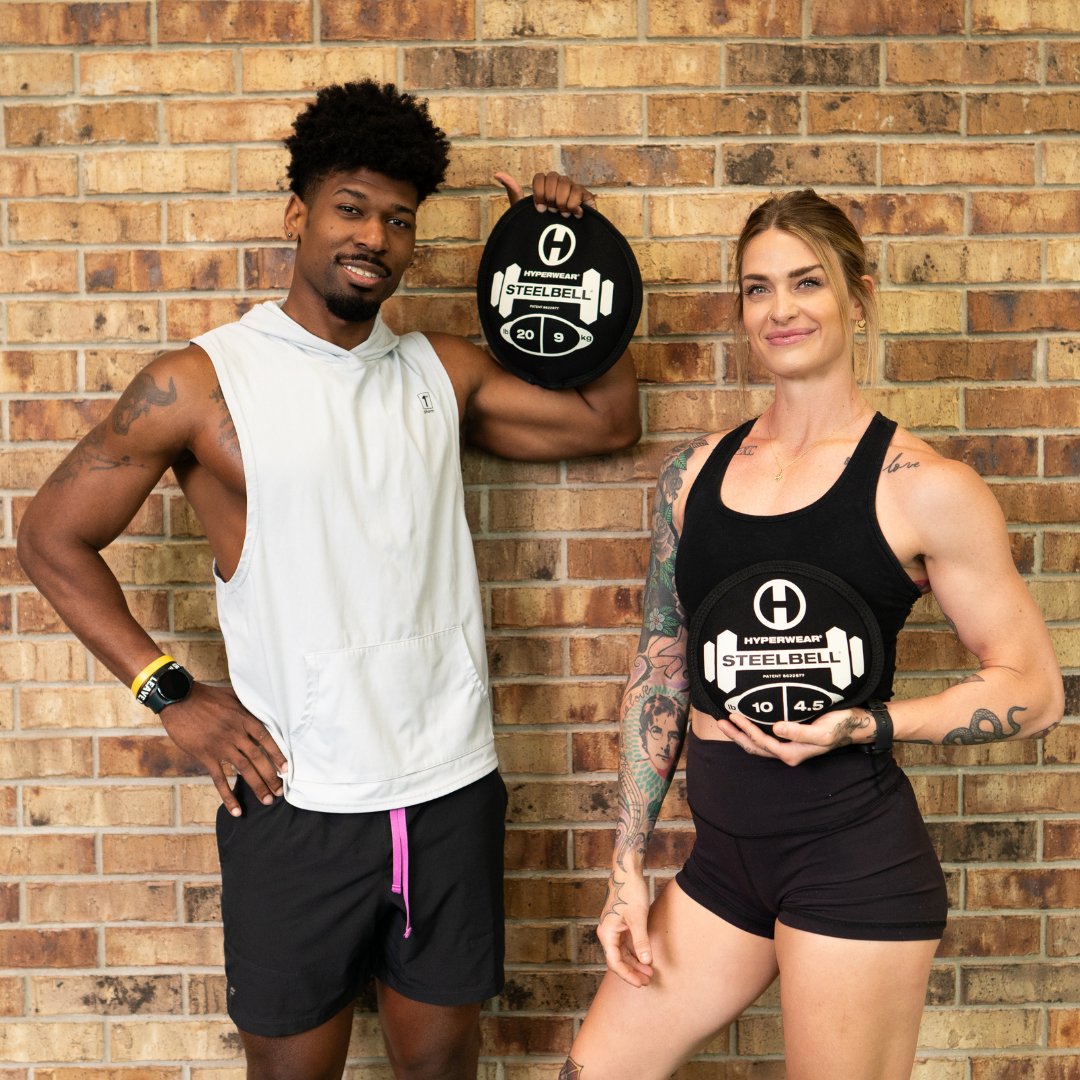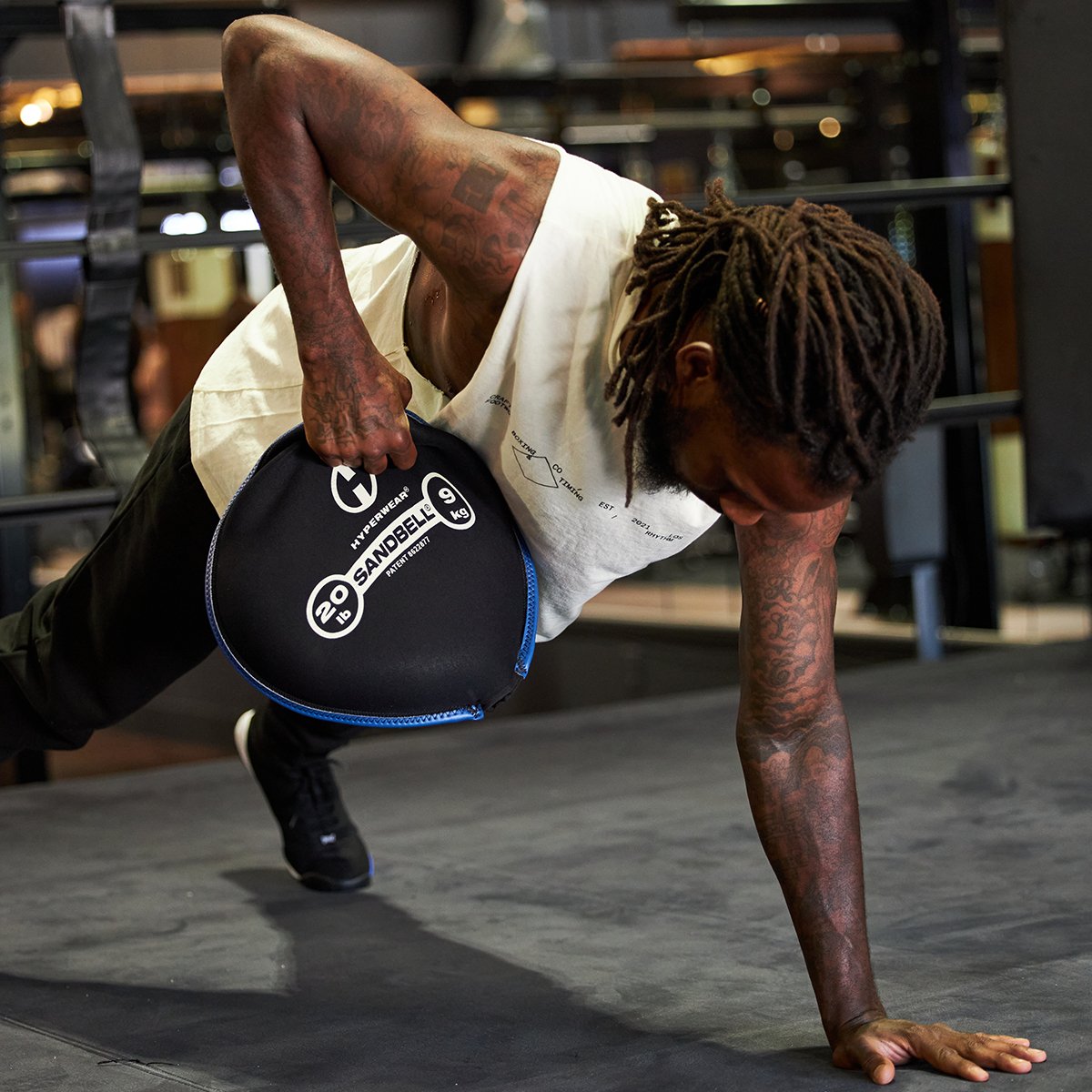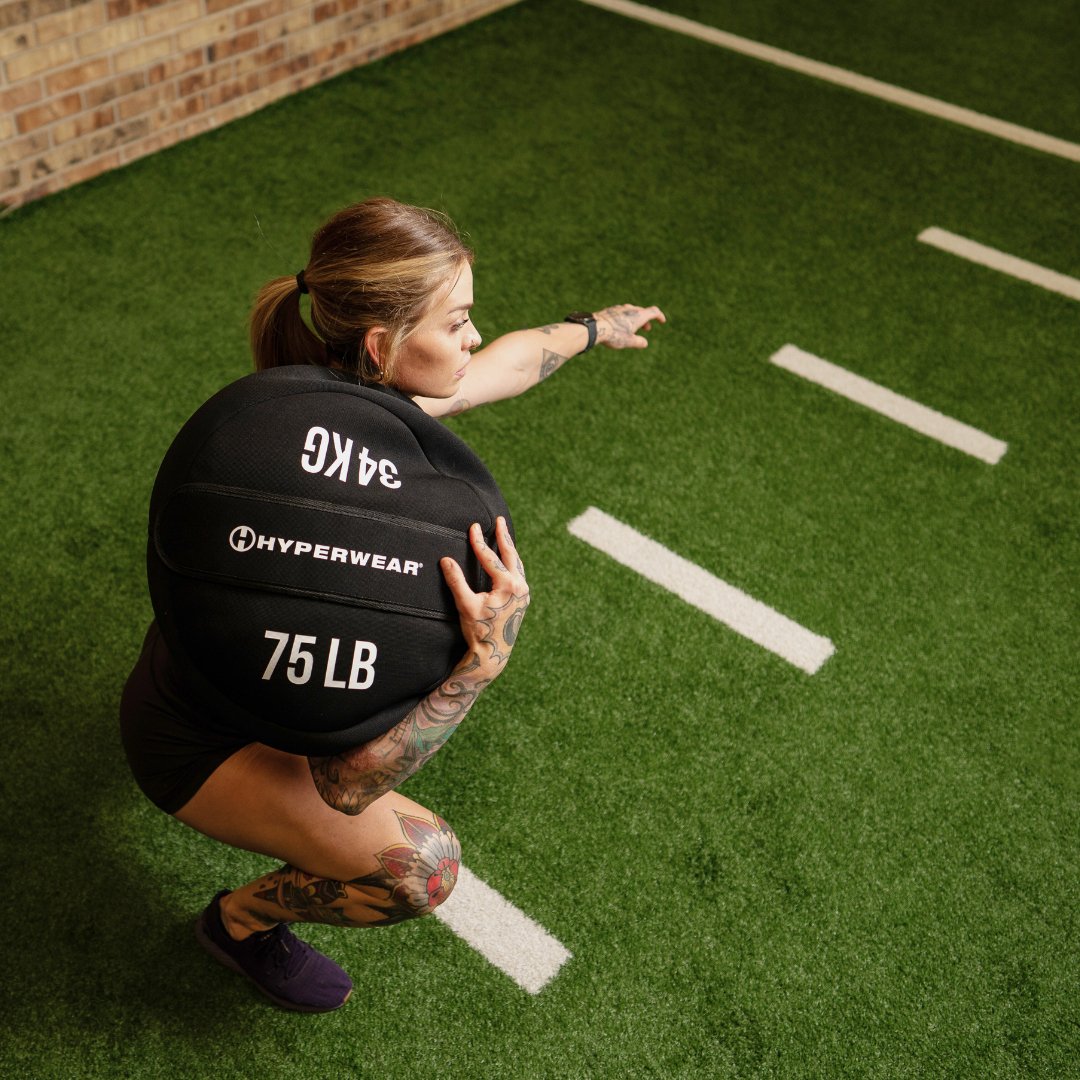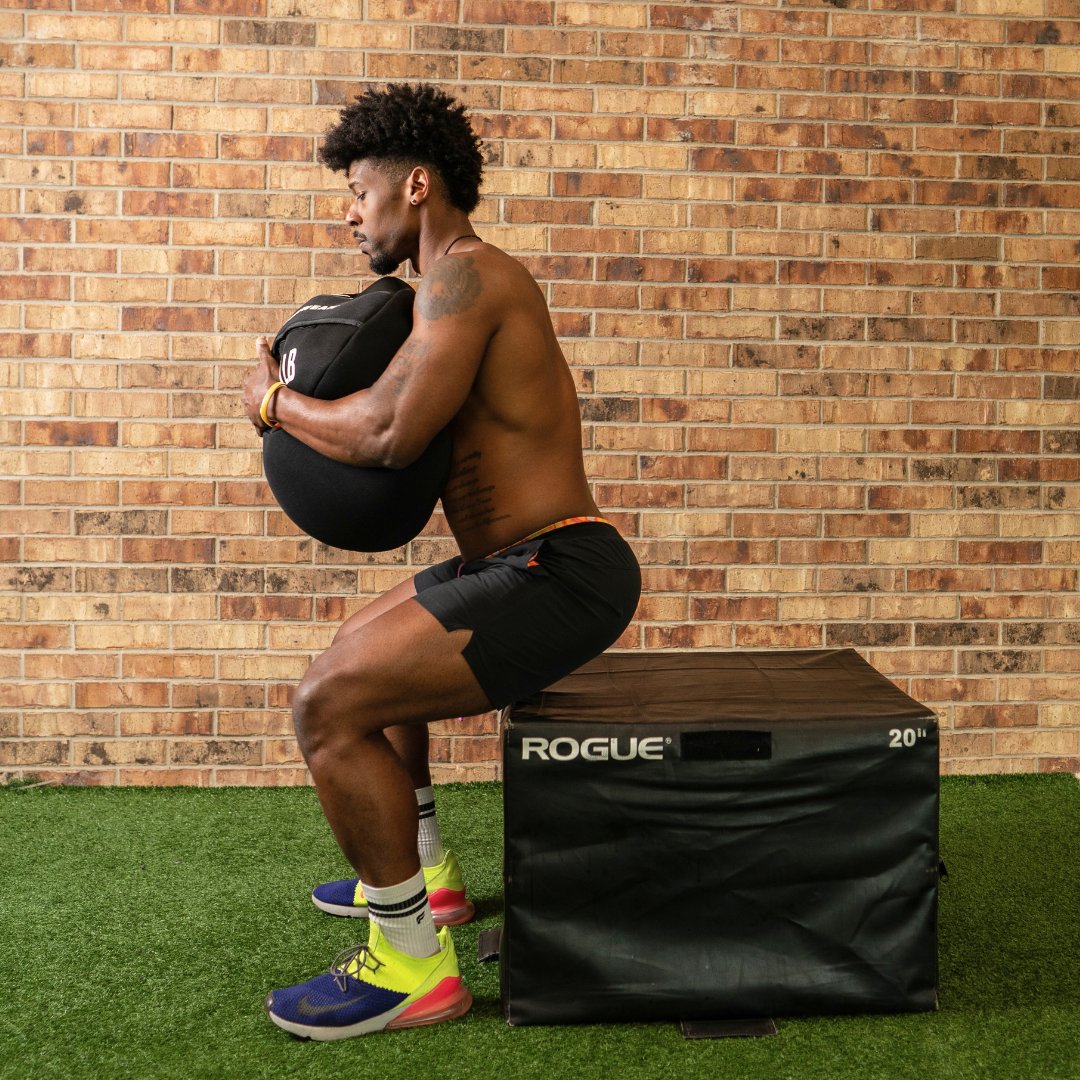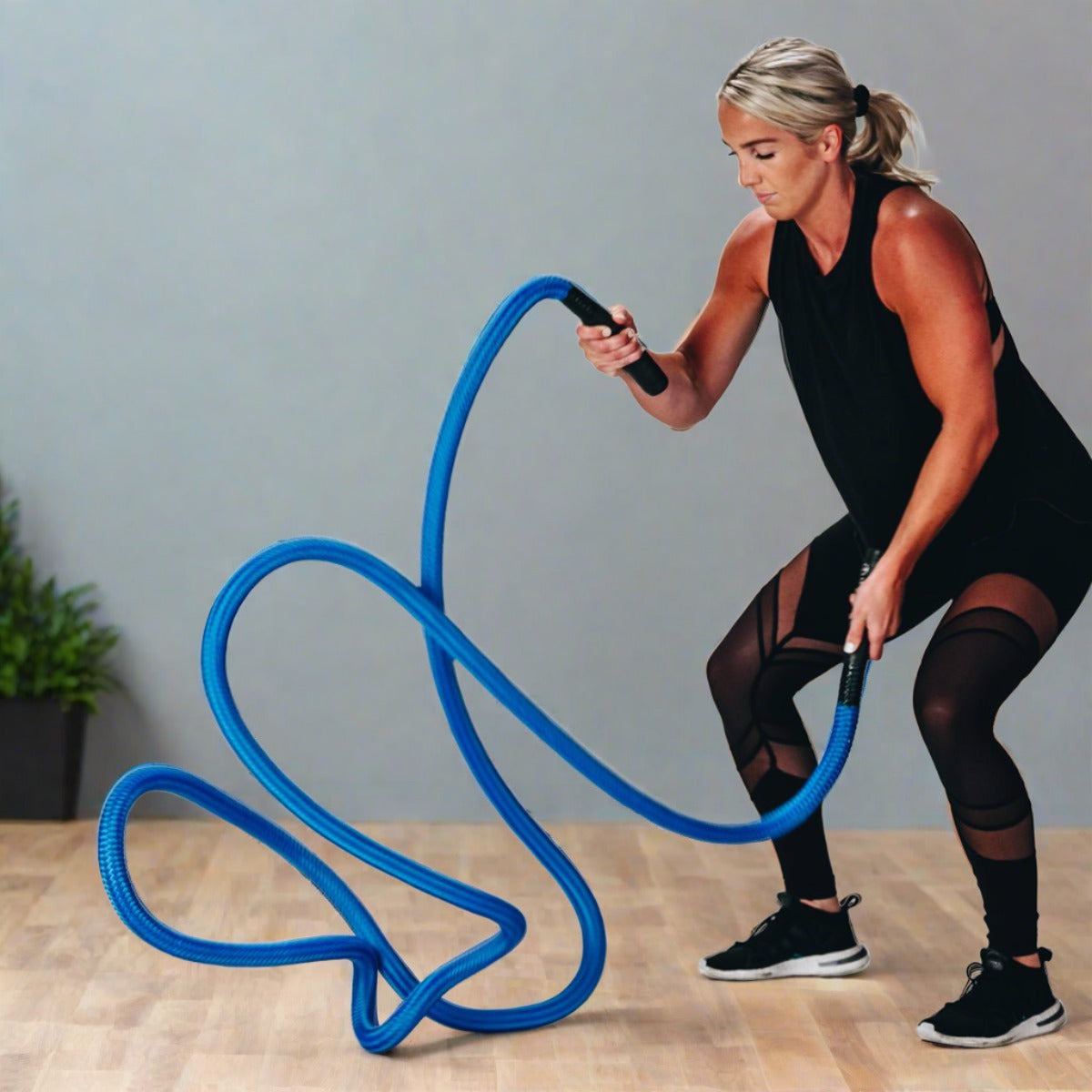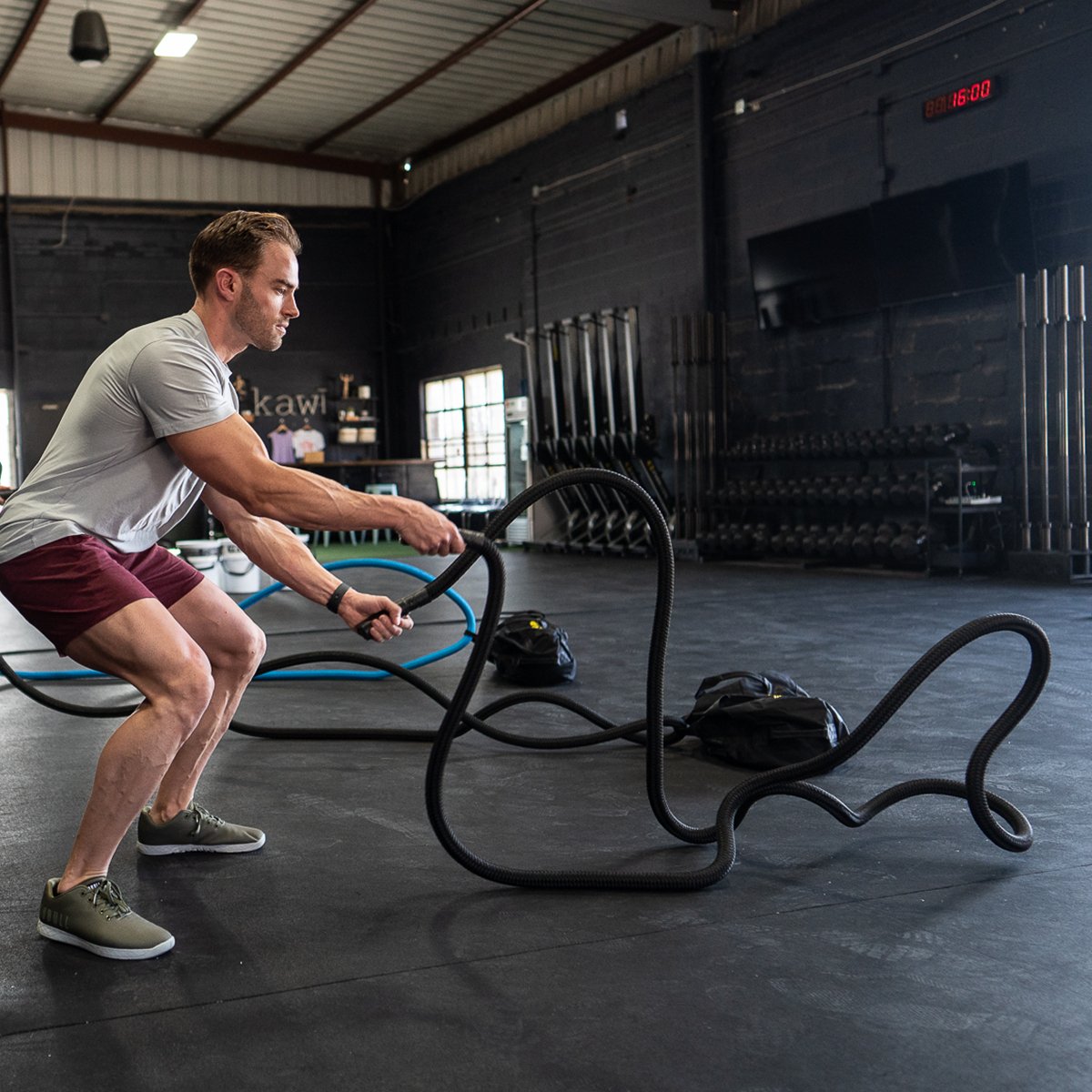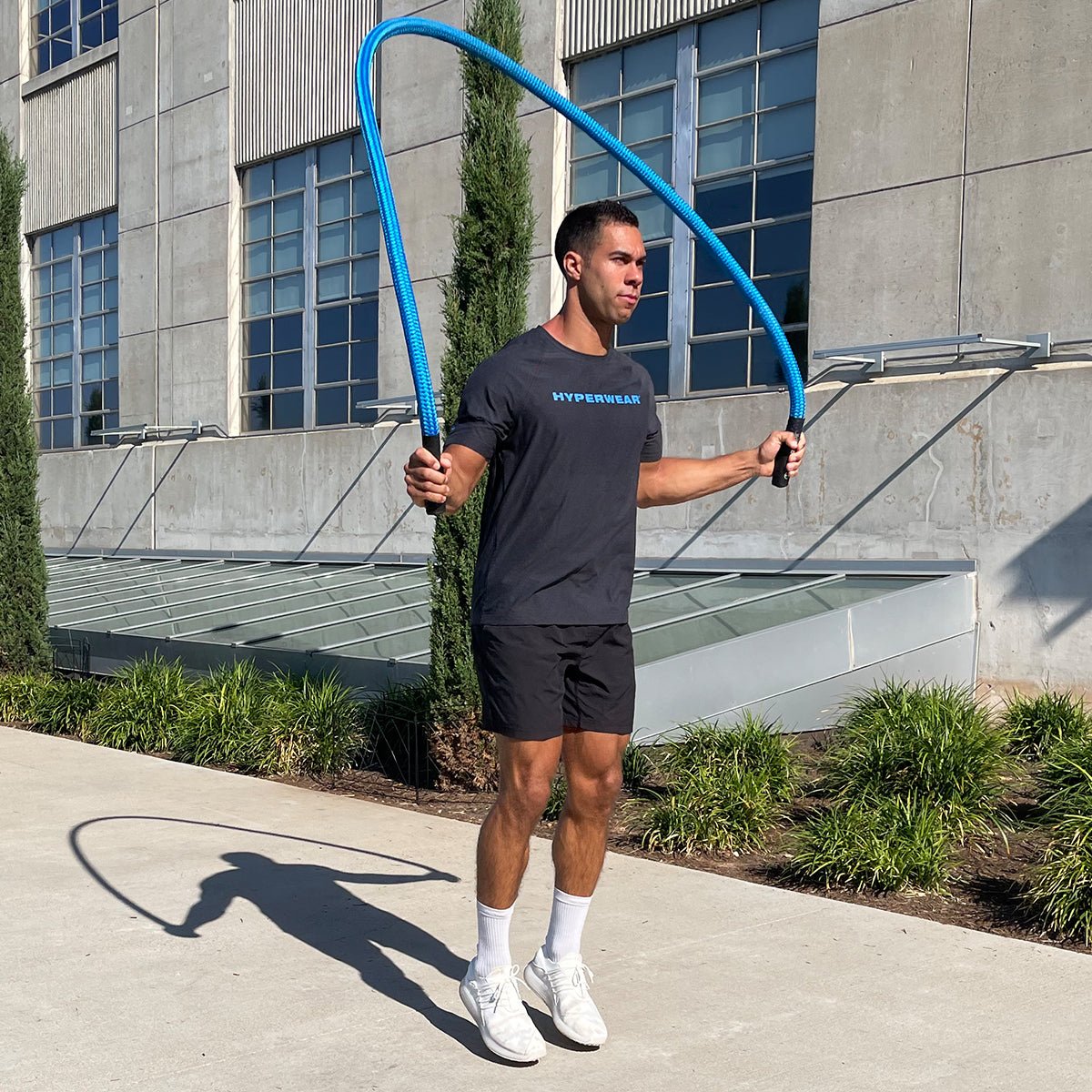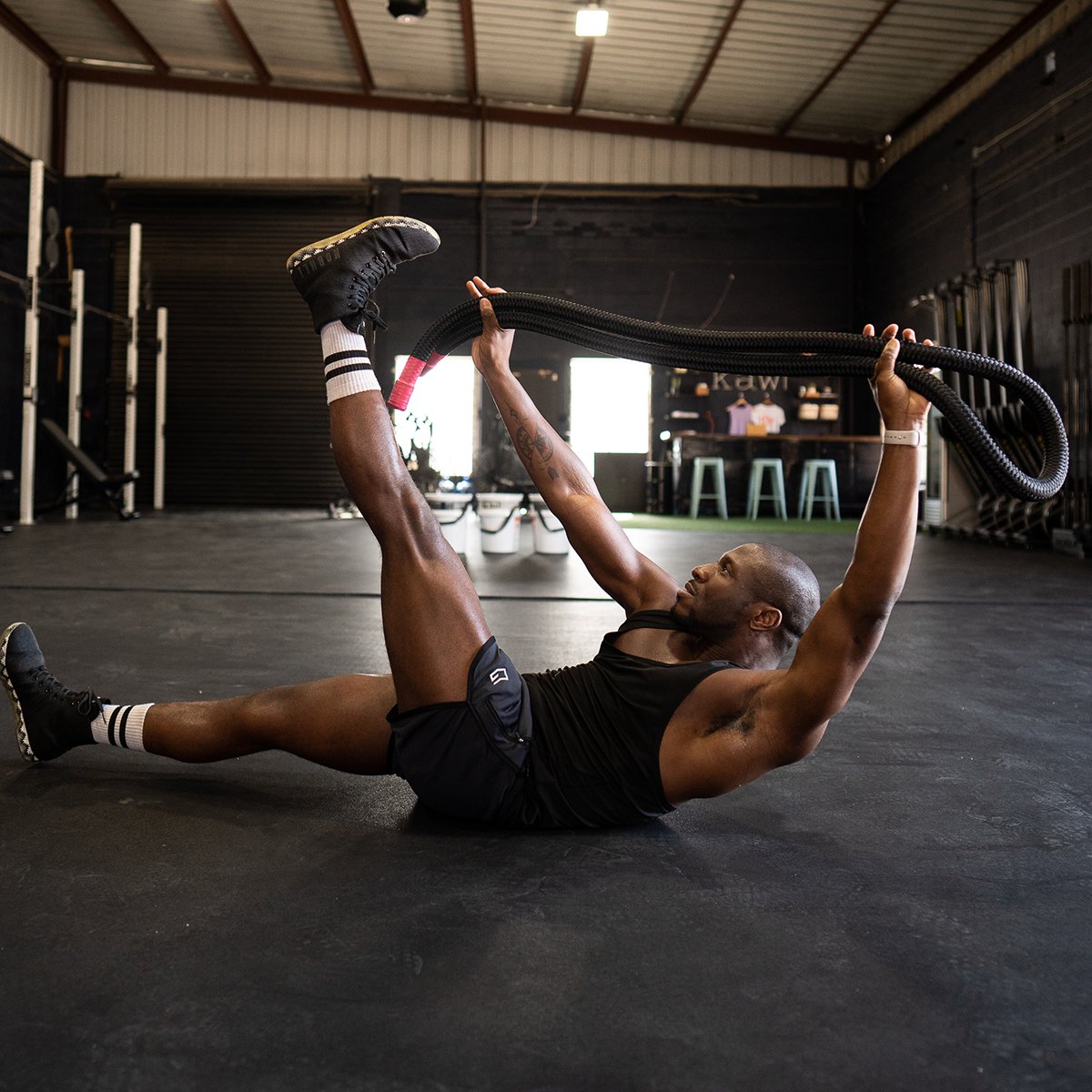Science is enabling us to slow down the aging process like never before.
We're on the cusp of arresting so many age-related diseases and maladies, that our world will be dramatically changed forever.
What does this mean?
We're going to be living longer, healthier, and more fulfilling lives.
We will have expanded sovereignty over our lives as we transition into our elder years.
Now, maybe like never before, we find ourselves in a period of time featuring an exponential growth of scientific knowledge and discoveries.
Things once thought only to be the realm of science fiction fantasy will become reality.
So let's talk about 3 things today: the biggest threat to healthy aging, the "right now" solution and the coming scientific advancements in the near future.
By the time you're done reading, you'll already feel a few years younger.

Golden years + golden girls = golden boot.
Sarcopenia- Public Enemy #1 of Aging
No one can begin to solve a problem, without first knowing what the problem is.
Enter sarcopenia.
Sarcopenia describes the phenomenon of age-related muscle loss. We start going downhill in our 30s, when loss of muscle mass and function first begins.
Living a sedentary lifestyle and being physically inactive speeds up the decline. Not including exercise in your life, combined with lethargy, starting at age 30, you can
lose muscle mass at "...about 10% per decade until we reach the age of 50, at which point the rate accelerates to 15% per decade."
However, do not think that age-related muscle loss only affects the couch potatoes and people living sedentary lifestyles.
Sarcopenia touches everyone, even if you do stay physically active.
4 Main Factors of Sarcopenia
Everyone reading this blog will experience age-related muscle loss. Although there are many, here are the main factors that contribute to sarcopenia:
1. Inadequate caloric and/or protein consumption to prevent loss of muscle mass.
2. Decrease in hormones (Insulin-like growth factor, testosterone, and growth hormone)
3. Reduction in nerve cells which send the brain signals to engage muscle movement
4. Lowered capacity to turn protein into energy.
It's interesting to note that the term "sarcopenia" didn't get put into use until around 1988. Prior to that, the scientific health complex didn't pay much heed to the vital importance of muscle.
Upon further examination, this probably isn't a coincidence. Why?
For now, there's no way for big pharma to make money off of us wanting to slow down the aging process. There's no pill for it...yet.
Thus, since they don't see dollar signs down the road, sarcopenia has been mostly waved aside and dismissed.
This was some decades ago though and a lot of things have changed since then.
Today, more focus and plenty more research is being paid to sarcopenia and the efforts have uncovered a not-so-secret secret to slow down the aging process.

When you ask where grandma is at, you might be surprised to find out.
The "Right Now" Solution to Slow Down the Aging Process
We're finding out that the key to preserving our health and lowering the risk of disease as we age is maintaining muscle mass.
The crucial and adverse
effects of sarcopenia can't be understated:
"According to the National Institutes of Health, Sarcopenia, or the decline of skeletal muscle tissue with age, is one of the most important causes of functional decline and loss of independence in older adults."
The vital importance of maintaining your strength and muscle mass as you get older is the clearest and loudest it has ever been.
There's another hidden key to preserving your sovereignty and independence as you age, that's closely related-
grip strength.
Read on, and check out the link below to learn why grip strength is the ultimate indicator of healthy, active aging.
More than ever, we're quickly learning that staying physically active as you reach your elder years has big dividends.
Thanks to
Columbia University in New York City, there's even proof now that physical activity guards against aging brains and can stave off dementias and Alzheimer's disease.
So, if you want to avoid health pitfalls later on in life, no matter what age you are, it's a fantastic idea to make an exercise regimen part of your lifestyle.
You can do virtually anything: walking, jogging, gardening, swimming, bicycling, yoga, dancing, etc.
Basically, if you don't move it, you lose it.
LEARN WHY GRIP STRENGTH IS THE KEY TO ACTIVE AGING
Please Don't Overlook Strength Training
Ideally though, you'd also add an element of strength training. Strength training is far and away the best way to stay young.
We're seeing more and more examples of people maintaining their fitness into middle age and well beyond.
Have you seen what Arnold Schwarzenegger and Mark Wahlberg (Ok, he's only 48, but still) look like lately?
And I bet any number of women in their 20s would die to look like Jennifer Lopez at 50.
Strength training isn't just for celebs either. Have a whirl around YouTube and without too much effort, you'll start seeing people like this.
Please meet 73 year old, Lauren Bruzzone:
https://www.youtube.com/watch?v=_OUdO2Y_Mm8&t=19s
Don't ever think you're too old or out of shape to start strength training.
You don't even have to go to the gym, if you're anxious about it.
You can simply put on a weight vest and walk around your block if you want to. That's all it takes.
However, in a few years, we may have the ability to do what exercise and strength training can not.
Gerontology Will Slow Down the Aging Process
Big scientific advancements are well on their way, which may change aging, and life itself, as we know it.
Gerontology is "the scientific study of old age, the process of aging, and the particular problems of old people."
Gerontology isn't the most popular field of study and this is changing post-haste.
If you don't know or aren't paying attention, you'll dizzy yourself with the rapid and monumental discoveries coming to light.
Scientists have successfully "
reprogammed" the cells of a 114 year old woman. What does this mean?
This accomplishment takes a serious stride towards "...understanding the underlying mechanisms of extreme longevity and disease resistance."
Speaking of disease, have you heard of CRISPR?
CRISPR could well end up having mind-boggling impact.
CRISPR is a profoundly powerful tool that enables the editing of genomes.
The potential applications of CRISPR may lead to "...correcting genetic defects, treating and preventing the spread of diseases..."
Although with this incredible power, comes a bounty of ethical issues. And maybe a pill too.
There are 2 men who represent the leading edge of gerontology research today, David Sinclair and Aubrey de Grey.
David Sinclair is a Professor in the Department of Genetics at Harvard Medical School and co-Director of the Paul F. Glenn Center for the Biological Mechanisms of Aging.
He's best known for advocating for resveratrol (an anti-aging dietary supplement) and
caloric restriction.
His colleague, Aubrey de Grey, also serves as a leader at the forefront of gerontology research.
Although Aubrey doesn't follow a special diet, doesn't exercise and has a handful of drinks daily, he's no doubt an expert.
I think it's safe to say nowadays, that if you appear on the Joe Rogan Experience podcast, you've made it.
If you're interested in learning more about the mind-blowing implications of what we may be able to do in the near future, don't miss Aubrey's appearance on Joe's podcast.
https://www.youtube.com/watch?v=9-z0kglwpwo&list=WL&index=21&t=0s
What Does It Mean to be Human?
If you dig into the links and the podcast, and begin to wrap your head around what we're getting into, you'll soon be asking yourself...
What does it mean to be human?
This will soon become quite the topic and an issue that we all must collectively address.
We're going to have the power to not only slow down the aging process, but to also completely eliminate some forms of genetic disease.
Along with godlike power, comes the enormous burden of ethical responsibility.
Thankfully, this is at least a few years off, and we have some time to think about it, and work out some issues, if we start the conversation now.
And until we produce this amazing capacity to stave off aging, nothing will ever replace the best medicine of all- exercise, specifically strength training.
Our muscular system not only makes for a good functioning immune system, it also serves as our body's armor.
No one wants to go into their later years with bruised and reduced armor.
So although we may be close to revolutionizing aging, there's still nothing that substitutes for good old dumbbells, barbells, battle ropes and the like.
We're living through interesting times, featuring massive changes that will test us all.
It's best to start changing, adapting and overcoming now by getting strong. Getting "old" doesn't have to suck.
Thanks for reading everyone.
If you have anything to share, any experiences, stories or insights regarding active aging and gerontology, we would love to hear from you.
Please feel free to reach out to us or hit us up on social media.
Stay safe, stay healthy and stay awesome.
Keep training hard and have a great day.
 Golden years + golden girls = golden boot.
Golden years + golden girls = golden boot.
 When you ask where grandma is at, you might be surprised to find out.
When you ask where grandma is at, you might be surprised to find out.
 Golden years + golden girls = golden boot.
Golden years + golden girls = golden boot. When you ask where grandma is at, you might be surprised to find out.
When you ask where grandma is at, you might be surprised to find out.



